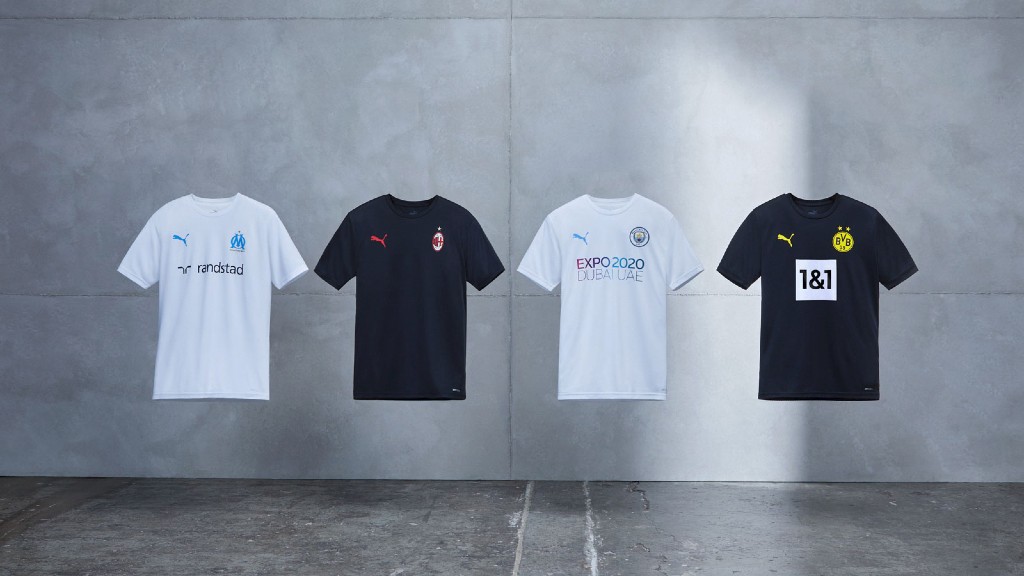
The European Commission is proposing rules to make producers responsible for the full lifecycle of textile products and to support the sustainable management of textile waste across the E.U. This initiative will accelerate the development of the separate collection, sorting, reuse, and recycling sector for textiles in the European Union. Increasing the availability of used textiles is expected to create local jobs and save money for consumers while alleviating the impacts of textile production on natural resources.
The European Commission is proposing to introduce mandatory and harmonized extended producer responsibility (EPR) schemes for textiles in all E.U. member states. EPR schemes have been successful in improving the management of waste from several products, such as packaging, batteries, and electric and electronic equipment. Producers will cover the costs of management of textile waste, which will also give them incentives to reduce waste and increase the circularity of textile products – designing better products from the start. How much producers will pay to the EPR scheme will be adjusted based on the environmental performance of textiles, a principle known as ‘eco-modulation'.
Common extended producer responsibility rules will also make it easier for member states to implement the requirement to collect textiles separately from 2025. The producers' contributions will finance investments into separate collection, sorting, reuse, and recycling capacities. The proposed rules on waste management aim to ensure that used textiles are sorted for reuse. What cannot be reused is directed to recycling as a priority. Social enterprises active in the collection and treatment of textiles will benefit from increased business opportunities and a bigger market for second-hand textiles.
The proposal will also promote research and development into technologies for the circularity of the textiles sector, such as fibre-to-fibre recycling.
The proposal also addresses the issue of illegal exports of textile waste to countries ill-equipped to manage it. The new law would clarify what constitutes waste and what is considered reusable textiles to stop the practice of exports of waste disguised as being done for reuse. This will complement measures under the proposal for a new regulation on waste shipments that will ensure that shipments of textile waste only take place when there are guarantees that the waste is managed in an environmentally sound manner.
The E.U. generates 12.6 million tonnes of textile waste per year. Clothing and footwear alone accounts for 5.2 million tonnes of waste, equivalent to 12 kilograms of waste per person every year. Currently, only 22 percent of post-consumer textile waste is collected separately for reuse or recycling. The remainder is often incinerated or landfilled.


